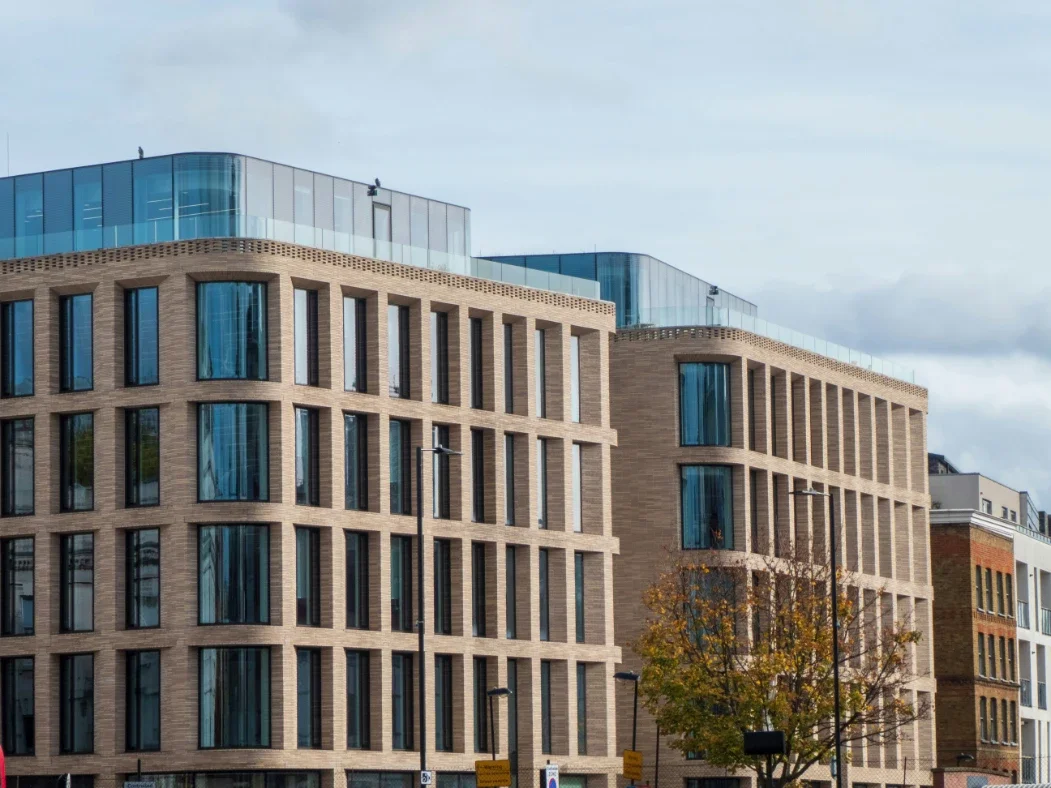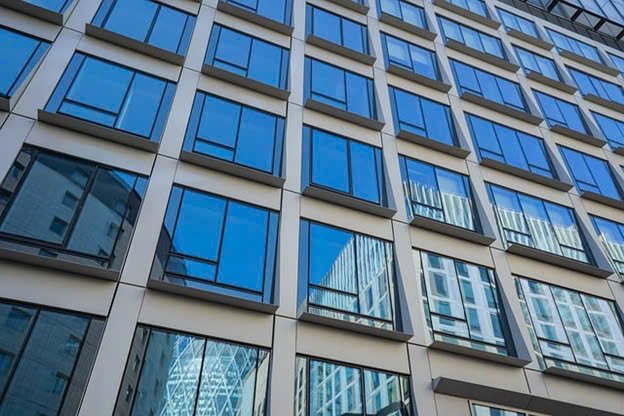Smart Buildings, Smarter Leases: Tech Upgrades and Your Rental Agreement
Discover how smart building technology is reshaping rental agreements and what tenants should know about tech upgrades in modern leases.
The commercial real estate landscape is undergoing a digital revolution, with smart buildings becoming the new standard for new office spaces. As landlords invest in cutting-edge building technologies, tenants are discovering that these innovations are reshaping traditional commercial leases in fundamental ways.
This guide explores how smart building technologies impact lease agreements, what tenants should look for in tech-forward rental contracts, and how to negotiate terms that protect your interests while maximizing the benefits of these intelligent systems.
The Rise of the Smart Building
Smart buildings integrate advanced technologies to optimize:
Energy efficiency (smart HVAC and lighting systems)
Space utilization (IoT occupancy sensors)
Security (biometric access controls)
Maintenance (predictive equipment monitoring)
According to a 2023 CBRE report, 72% of commercial landlords now consider smart building technology a competitive necessity rather than a luxury. But these technological advancements come with new lease considerations that both landlords and tenants must address.
How Smart Buildings Change Lease Dynamics
1. Data Ownership and Privacy Concerns
Modern building systems collect vast amounts of data through:
Wi-Fi tracking of foot traffic
Occupancy sensors monitoring space usage
Energy consumption monitoring
Lease consideration:
Tenants should negotiate clear terms about:
Which party owns collected data
How personal information is protected (especially for healthcare or legal tenants)
Opt-out provisions for certain tracking systems
2. Technology Maintenance Responsibilities
Smart systems require specialized maintenance beyond traditional building upkeep:
Software updates for building management systems
Cybersecurity protections for networked devices
Sensor calibration and IoT device maintenance
Lease consideration:
Clarify in the lease:
Whether tech maintenance is a landlord or tenant responsibility
Response times for tech-related service issues
Provisions for system upgrades over the lease term
3. Submetering and Utility Billing
Advanced metering systems allow precise measurement of:
Electricity usage by tenant
Water consumption
HVAC usage in specific areas
Lease consideration:
Tenants should:
Verify the accuracy of submetering technology
Negotiate audit rights for utility data
Understand how base years are calculated for expense recoveries
5 Critical Tech Clauses for Modern Leases
Technology Upgrade Provisions
Specify how often systems will be updated
Address who bears the cost of mandatory upgrades
Include testing protocols for new systems
Service Level Agreements (SLAs) for Tech Systems
Guaranteed uptime for critical systems
Defined resolution timelines for tech failures
Penalties for extended outages
Cybersecurity Protections
Landlord's responsibilities for network security
Data breach notification requirements
Insurance requirements for cyber incidents
Tech Adaptation Rights
Tenant's ability to integrate their smart systems
Interface requirements with building systems
Approval processes for tenant tech installations
Future-Proofing Language
Rights to access emerging technologies during the lease term
Provisions for 5G/6G infrastructure upgrades
Electric vehicle charging station policies
Negotiation Strategies for Tech-Savvy Tenants
For Startups and Tech Companies
Push for open API access to building systems
Negotiate rights to install proprietary IoT devices
Request co-working style tech amenities (smart conference rooms, app-based access)
For Traditional Office Users
Demand user-friendly tech interfaces
Insist on comprehensive staff training provisions
Negotiate tech support response times
For Medical and Specialized Tenants
Ensure HIPAA/GDPR compliance for all data systems
Request priority bandwidth allocation
Specify uptime guarantees for critical systems
Potential Pitfalls to Avoid
Hidden Tech Fees
Watch for vague charges like:"Network infrastructure fees"
"Software licensing costs"
"Smart system maintenance premiums"
Obsolescence Risks
Avoid being locked into:Proprietary systems that limit future flexibility
Outdated technology standards
Vendor-specific solutions that may disappear
Overautomation Issues
Ensure the lease allows for:
Manual overrides of automated systems
Customization of smart environment settings
Opt-out options for certain tracking features
The Future of Smart Building Leases
Emerging trends that will impact future agreements regarding modern office spaces:
Blockchain-based leases with smart contract automation
AI-powered space utilization affecting rent calculations
Dynamic pricing models based on real-time building performance data
Sustainability-linked leases with rent tied to energy efficiency metrics
Action Steps for Tenants
Conduct a tech audit before signing
Assess the quality and compatibility of existing systems
Test connectivity and bandwidth capabilities
Engage specialized consultants
Hire a proptech advisor to review lease terms
Include IT staff in lease negotiations
Document all tech representations
Get performance guarantees in writing
Specify minimum technical standards
Plan for flexibility
Include technology review periods
Negotiate upgrade participation rights
Conclusion
As commercial buildings become increasingly connected, tenants must approach commercial leases with a new understanding of how technology impacts their rights and responsibilities. By focusing on data rights, system reliability, and future flexibility, businesses can secure leases that support both their current operations and long-term technological needs.
The most successful tenants will be those who view smart building leases not just as rental agreements but as technology partnership contracts that require careful negotiation and ongoing management.






